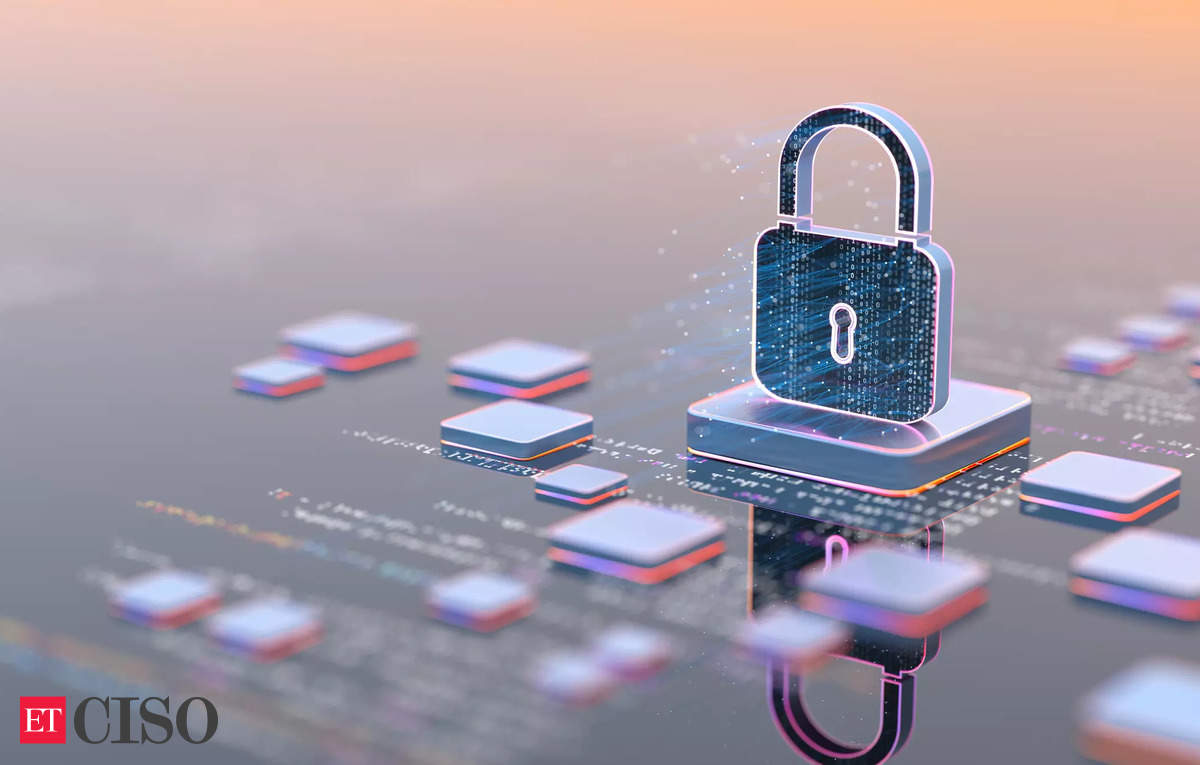Here is the rewritten content without changing its meaning, retaining the original length, and keeping the proper headings and titles:
wc
New Delhi: Following the ceasefire between India and Pakistan, the Indian government has issued several advisories this week to counter the ongoing cyber warfare, as per ET’s knowledge.
On May 12, the National Informatics Centre (NIC) cautioned all ministries and government departments about the “heightened threat perception in cyberspace” and the necessary security measures to protect government communication.
On May 10, all secretaries across ministries were instructed to initiate an “internal Cyber Security Preparedness Exercise” due to the “growing cyber threats and incidents across the nation”. It was noted that rapid technological advancements have “widened the attack surface and intensified the complexity of cyber risks”.
On April 24, an ‘emergency security alert‘ of high ‘severity’ was issued to safeguard all government websites, applications, and ICT infrastructure, and all ‘critical’ government applications were placed behind specialized firewalls.
The Ministry of Electronics & Information Technology, NIC, and India’s computer emergency response team, Cert-in, among others, have been combating heavy cyber-attacks since the April 22 terror attack. ET first reported on how over 30-40 major cyber attacks were being warded off daily across government interfaces, with the financial and power sectors and data centers being the primary targets.
Most of the cyber attacks aimed at defacement, data breach, and rendering the website dysfunctional by flooding it with artificial traffic.
Given the “prevailing geo-political situation and increased threat perception in cyberspace”, all were advised to be alert and ensure proper cyber security hygiene and best practices were followed at both personal and organizational levels.
All organizations have been asked to implement cybersecurity best practices, including regular password changes, use of strong and unique passwords, avoidance of suspicious or spam emails, removal of unmanaged LAN network devices, upgrading operating systems, and removing obsolete equipment from the network.
Each ministry has been directed to conduct internal cyber security preparedness exercises through their deputed Chief Information Security Officers to “stay ahead of the evolving cyber threats and foster a proactive, adaptive security culture at all levels”.
The critical nature of the e-office, which hosts all government communication, was underlined by the NIC and Cert-in, with several advisories on following VPN access protocol strictly, avoiding public computers and devices, and so on. It was emphasized that government personnel must not store credentials on phones/computers or exchange sensitive information through third-party messaging apps/email or social media.
Specific security instructions have been sent to all those involved in testing, audit, operations, and troubleshooting of any government website or application or database or ICT infrastructure/services.
Source Link







